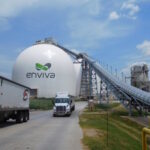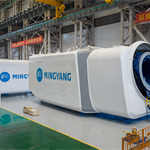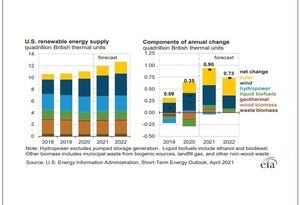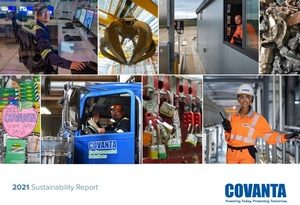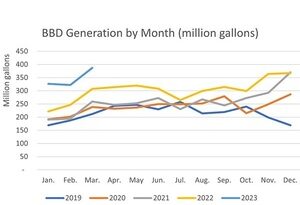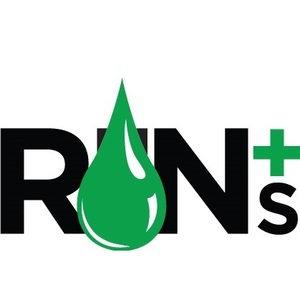Enviva to double production capacity, signs MOU with SAF producer
Energy Disrupter
ADVERTISEMENT
Enviva Inc. on Jan. 19 announced accelerated plans to double its wood pellet production capacity and said it has signed a memorandum of understanding (MOU) with a U.S.-based customer that plans to convert woody biomass supplied by Enviva into low-carbon transportation fuels, including sustainable aviation fuel (SAF).
Enviva did not disclose the name of the company that plans to convert its woody biomass into transportation fuels but did note that the biofuel producer is Enviva’s first U.S.-based customer. The customer plans to convert Enviva’s wood biomass into a drop-in replacement for crude oil used to produce aviation fuel via its refining process. Under the MOU, the two companies will co-develop a supply chain strategy for advanced low-carbon transportation fuels with a focus on the customer’s operations in the U.S. Southeast and potentially California.
Enviva said its current operations and numerous potential development sites in the Southeast position it to co-develop alongside the SAF refining capacity the customer intends to construct in the region. Enviva is also evaluating plans to build one or more facilities in California with the intent of utilizing low-grade wood fiber from high-hazard zones in the state.
The newly announced MOU represents Enviva’s second agreement related to SAF. In November, Enviva announced the singing of a 10-year take-or-pay off-take contract with an industrial customer in Europe for 60,000 metric tons per year of wood pellets to be used as feedstock for the production of SAF and other biofuels. Deliveries under the initial tranche of that contract are scheduled to begin in 2023, with volumes potentially increasing to approximately 1.2 million metric tons per year by 2027.
“We are extremely excited about the growth in Enviva’s business and our first MOU with a U.S. customer,” said John Keppler, chairman and CEO at Enviva. “Efforts around the world to decarbonize in order to meet net zero by 2050 continue to accelerate, giving companies like ours the tremendous opportunity to grow even more rapidly and expand the global supply chain as necessary to continue to facilitate the energy transition and mitigate the greenhouse gas emissions profile of hard-to-abate industries such as steel, cement, lime, and biofuels, including sustainable aviation fuels. We are very proud to now be in a position to not only export the sustainable, renewable energy and low-carbon feedstock we produce in the Southeastern United States, but to combat both climate change and devastating wildfire risks by expanding the long-term contracted use of our products and growing our customer and production footprint right here at home in the broader U.S.”
Enviva also announced plans to double its production capacity over the next five years, from its current capacity 6.2 million metric tons per year to approximately 13 million metric tons per year. The company plans to continue utilizing its “build and copy” approach to plant design while increasing the nameplate production capacity of its new plans to approximately 1.1 million metric tons per year, up approximately 45 percent when compared to its previous standard of 750,000 metric tons per year. To aid in the rapid expansion, Enviva said it broadening and deepening its development capabilities and leveraging relationships with key equipment suppliers and construction partners to enable it to build and commission two plants per year, up from its historical rate of one plant per year.
The new production capacity is expected to include a third wood pellet plant in its Pascagoula cluster. The first two facilities in that cluster—the Lucedale, Mississippi, and Epes, Alabama, plants—are already under development. The Lucedale facility is expected to ramp up production this year to 750,000 metric tons per year, expanding capacity to approximately 1 million metric tons per year in 2023. Construction on the Epes plant is expected to begin during the first half of 2022.
In addition to the Pascagoula cluster, Enviva said it is also planning to develop facilities in the Savannah and mid-Atlantic regions. In total, the company plans to put six plants into service over the next five years.
A full copy of the Enviva’s announcement is available on the company’s website.



